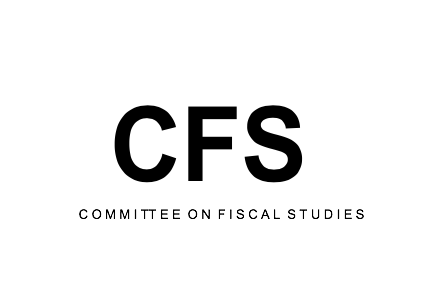
Dear Readers,
Jean Baptist Colbert once said that:
“The art of taxation consists in so plucking the goose as to obtain the maximum amount of feathers with the smallest amount of hissing’.
The articles that feature as part of this year’s issue float towards Colbert’s sentiments. Starting with Professor Steven A Dean who draws attention to the complex pattern of formal and informal rules that govern the taxation of cross-border transactions. He argues that these historical rules divest out of the Global South a menu of taxable items, which then restrict the source countries to claim their fair share of tax. Next, Ochieng and Agwaya discuss the effectiveness of imposing excise taxes as a method to achieve economic development. In plucking the tax goose feathers using minimal imposition of excise tax, they empirically argue, it goes against the canon of equality. Pushkareva picks up the argument of inquiring into the principles of a good taxation policy to address whether a menu of taxes imposed on the digital financial services sector steers economic growth in sub-Saharan Africa or places a growing burden on the consumer. Ahmad et al., then contextualise the taxation of digital transactions to explain that the imposition of this form of tax is crucial for steering the oil tax revenue intensive Nigerian economy towards an alternative sustainable tax base that can support development finance. Moving away from the discussion of taxing the digitalised economy, Mwencha and Jalipa take up a different issue on the tax and development interface. They examine how social protection, an intended objective of taxation, has oscillated within public finance. Shah then follows with her argument on the imporatnce of public finance measures to protect wetlands. She links the redistribution of taxation towards education as an important objective towards sustaining wetlands. Her argument reveals the importance of wetlands towards human development and meeting of specific SDG targets.
The authors drive across the point that fiscal policy is one of the most effective tools to implement domestic economic and finance policies that are targeted towards social development and economic improvement. They show us why taxes are central to designing and implementing fiscal policy that is inclusive and representative on one hand, and on the other, fair on the market and economic players. Dear readers, taxes can fund human capital development, physical infrastructure, and the provision of basic goods such as water and food, education, health and social security transfers.
Lyla Latif
Managing Editor 2018-2021


